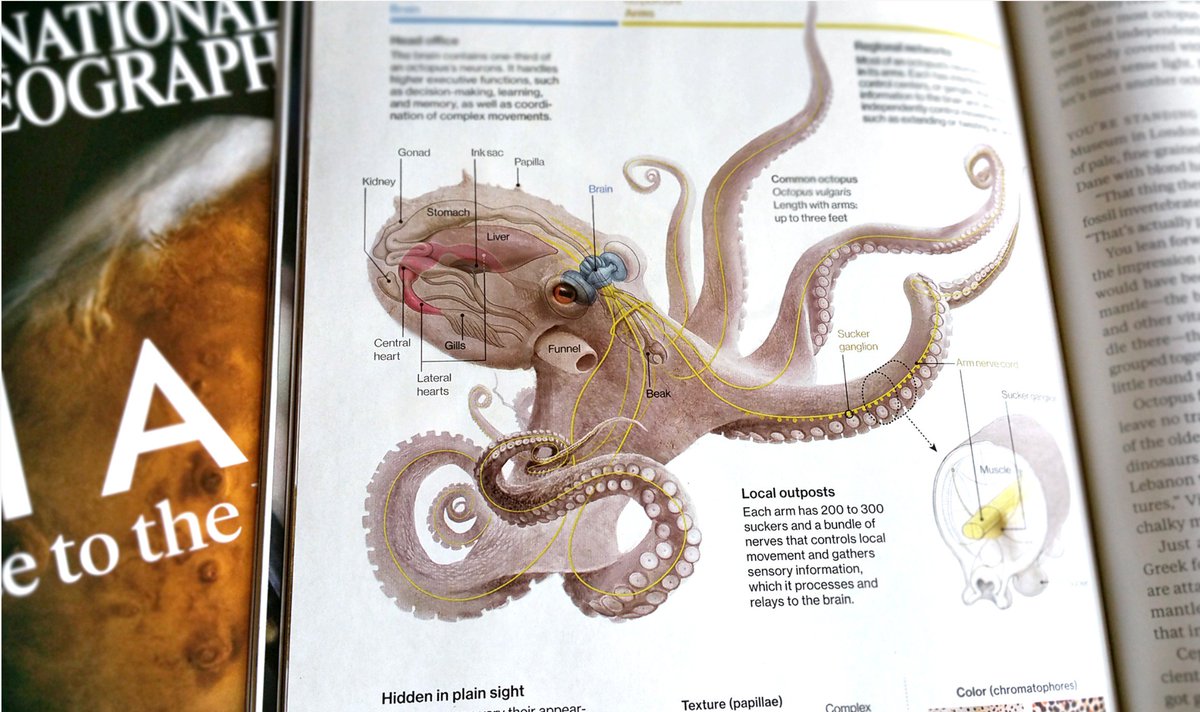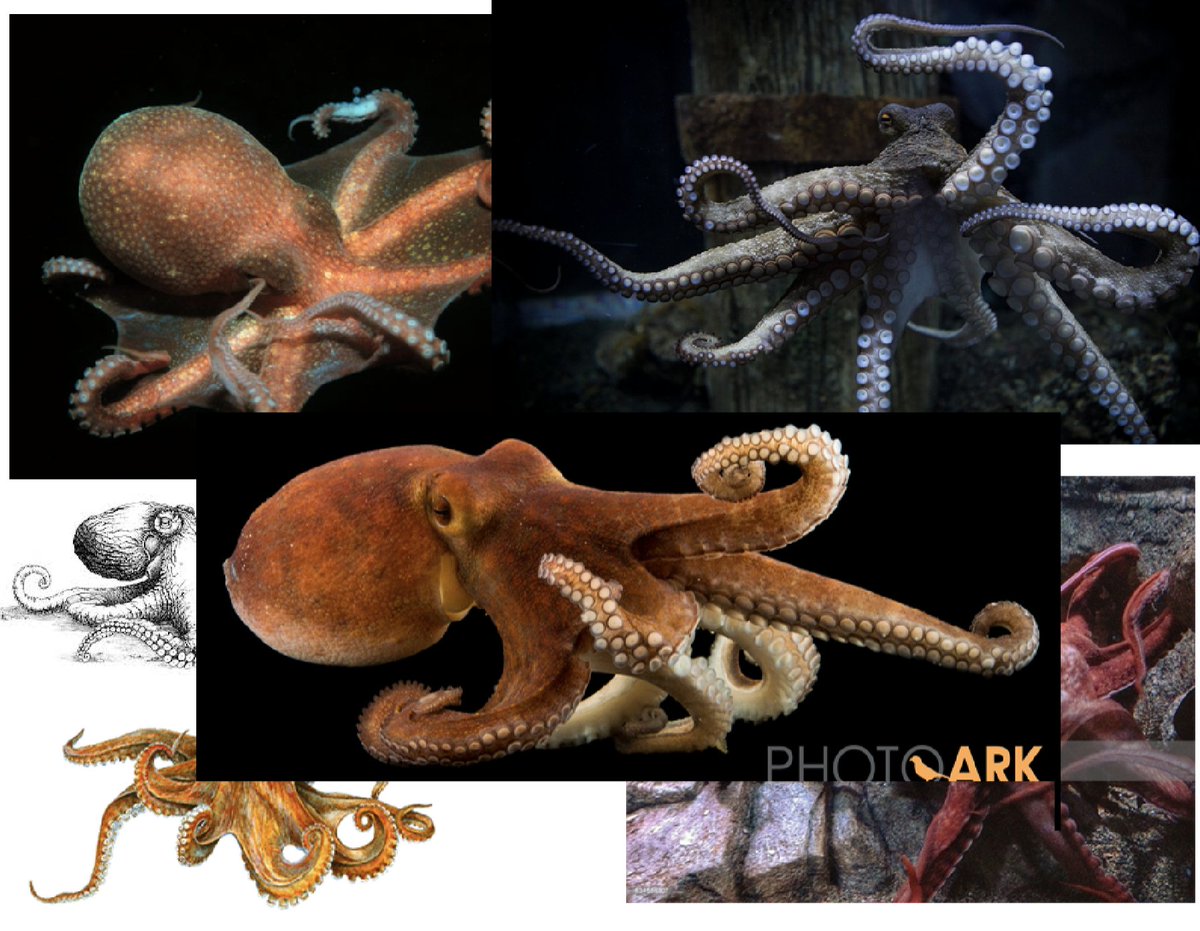Gooooooooood morning Twitterverse! I'm an environmentalist who sees myself as a bit of a Captain Planet protégé. I am using science to help protect this wonderful world we live in. First things first: does anyone actually remember Captain Planet?!
Captain Planet was a 1990s cartoon aimed at kids but had a very strong environmental message throughout. It brought together the "Planeteers" who were kids that wanted to help make the world a better place. Pretty neat, huh?!
And why do I start my week on Twitter talking about kids' cartoons? Well, to me, science is about making positive change for society. And to do that, we need to get our messages out there & get people interested. Cartoons are a great way of engaging kids in science messages
I'm a bit of a jack-of-all-trades: an environmental campaigner (first and foremost), a social scientist, a postdoctoral researcher, a journalist, a science communications trainer, a photographer, and a cat mum. I'll try to cover a bit of each of these things this week 🌏
1/2 Here's an approximate schedule for the week:
Day 1: what's it like working in an NGO & how to get into wildlife conservation
Day 2: how to get into journalism & how to fight "fake news"
Day 3: pros & cons of academia vs NGO
Day 4: maintaining a good work-life balance
.....
Day 1: what's it like working in an NGO & how to get into wildlife conservation
Day 2: how to get into journalism & how to fight "fake news"
Day 3: pros & cons of academia vs NGO
Day 4: maintaining a good work-life balance
.....
....Day 5: how scientists can help make sure their research has real-world benefits & how the general public can help make the world a better place
Day 6 (last day): I'm leaving open for suggestions from you! Let me know what environmental topics you want to hear about
Day 6 (last day): I'm leaving open for suggestions from you! Let me know what environmental topics you want to hear about
So today, I'm focusing on science in the NGO world (especially wildlife conservation) and will share my journey on how I got into this field. Please do ask questions, send comments & if you work for an NGO or in wildlife conservation, share your stories too!
Here's a question for starters. In which sector do you work (or, if you're a student, want to work in)?
If you're a student & you're thinking about becoming a scientist, you don't necessarily need to continue into academia. There's lots of other career routes to take. I finished my PhD in 2015 & went straight into the NGO world (although as of 2 months ago I'm back in academia!)
I started off working at @BirdLife_Malta as part of the AMAZING EU European Voluntary Service scheme. More info here: europa.eu/youth/eu/artic… This is a fantastic opportunity for young adults to build their career. And it's not actually "voluntary" - they pay you! @EuropeanYouthEU
At BirdLife Malta, I was helping to protect the Yelkouan shearwater, a Vulnerable sea bird found in the Mediterranean. They're threatened by fishing bycatch & invasive predators. My jobs were to count the birds at sea & help with rat eradication on land 

Sadly, many seabirds are threatened by bycatch, which is where they're accidentally caught in fishing nets. @BirdLife_News is doing research on different types of nets to see if this can reduce the problem. Creating Marine Protected Areas can help (Pic by Vero Cortes) 
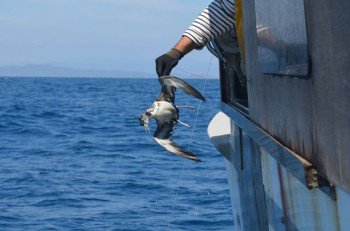
Now, it turns out, I get really badly seasick! I only managed 2 boat-based observation trips in the whole year, so I was instead put to use helping out with their communications, events, volunteer management & development departments instead! 
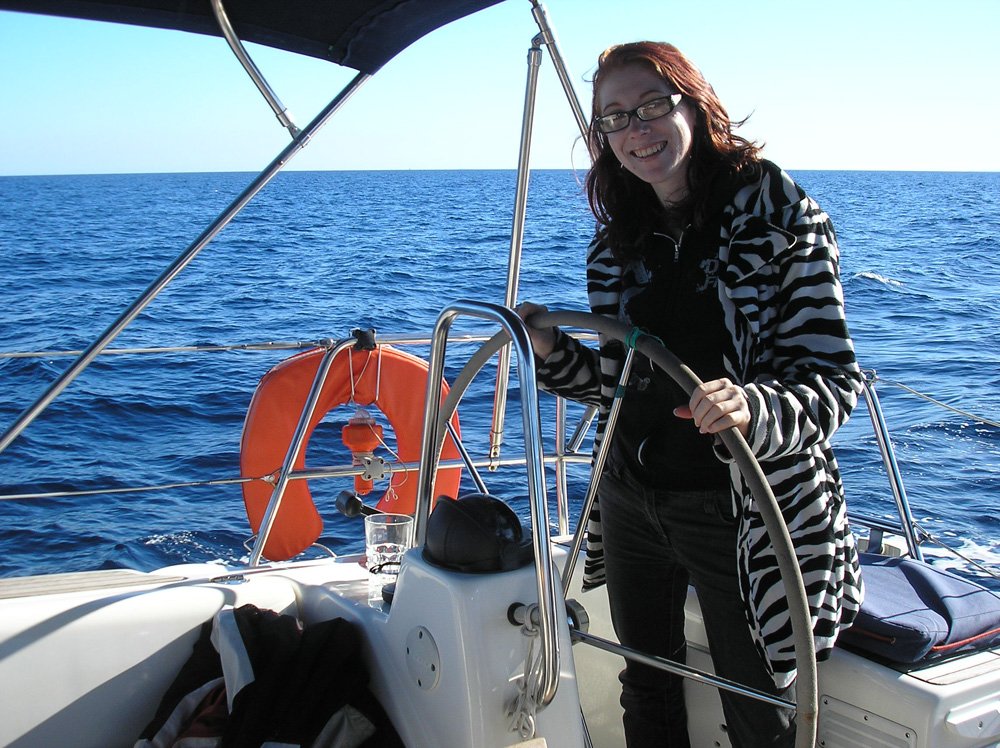
Who else has encountered an epic fail when it came to being able to do your job properly?! Anyone wanted to be a vet but found out they're allergic to animals, or an arborist/tree surgeon but scared of heights, for example?!
So, after realising I wasn't good at sea, I was reallocated back on land. Here I am with some @BirdLife_Malta volunteers for Spring Watch (not the TV show!) where we were monitoring bird migrations & any illegal bird hunting/trapping 
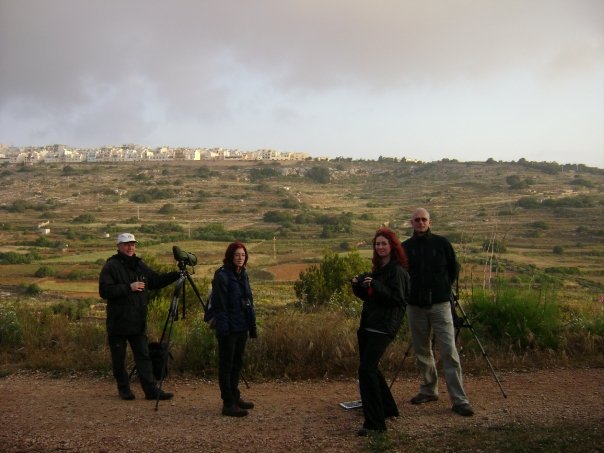
#DYK in 2017 during the closed season (i.e. no hunting allowed) there were 1,000 shots heard on Malta & during the spring hunting season (where hunting is allowed) there were 20 protected birds (i.e. off limits to hunters) known to have been shot. Only 4 survived (Pic: BirdLife) 
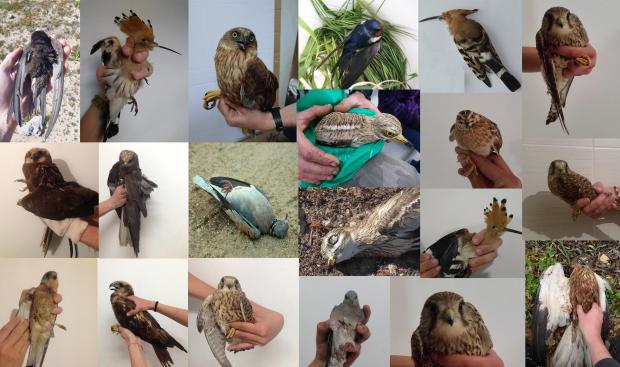
It was during my time at @BirdLife_Malta that I realised the importance of #socialscience for helping to improve the world. It is us pesky humans after all who are the cause of environmental destruction so we must learn why we do things in order to help create positive change
After Malta, I did a Masters at @UniKent & did my thesis on looking at how effective livestock guarding dogs are at protecting sheep, cows & goats from predators like leopards, hyenas & cheetahs 
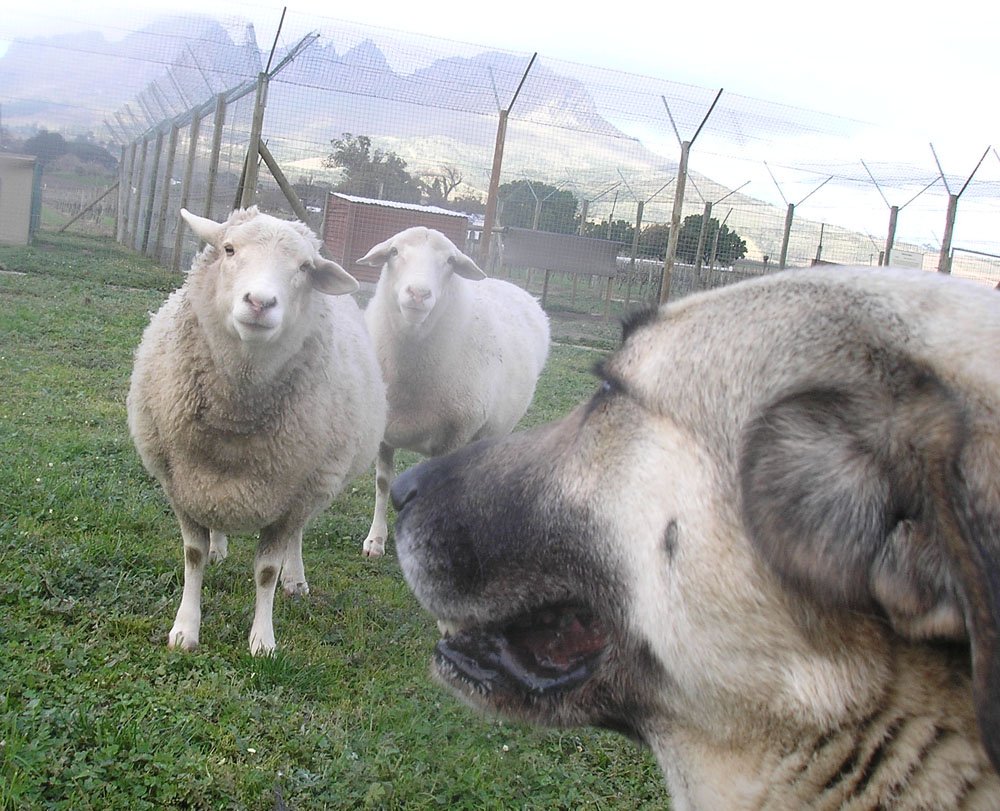
Livestock guarding dogs have been bred for thousands of years by farmers to protect their flocks/herds. Unlike herding dogs, they don't chase the livestock. They are calm, protective dogs who bark at intruders. This is when I first met one; an Anatolian shepherd in South Africa 

In South Africa, where I did my research with @CheetahOutreach, farmers kill predators like cheetahs, lions & African wild dogs to protect their livestock. But my research showed that livestock guarding dogs stopped livestock predation 91% of the time onlinelibrary.wiley.com/doi/abs/10.100… 
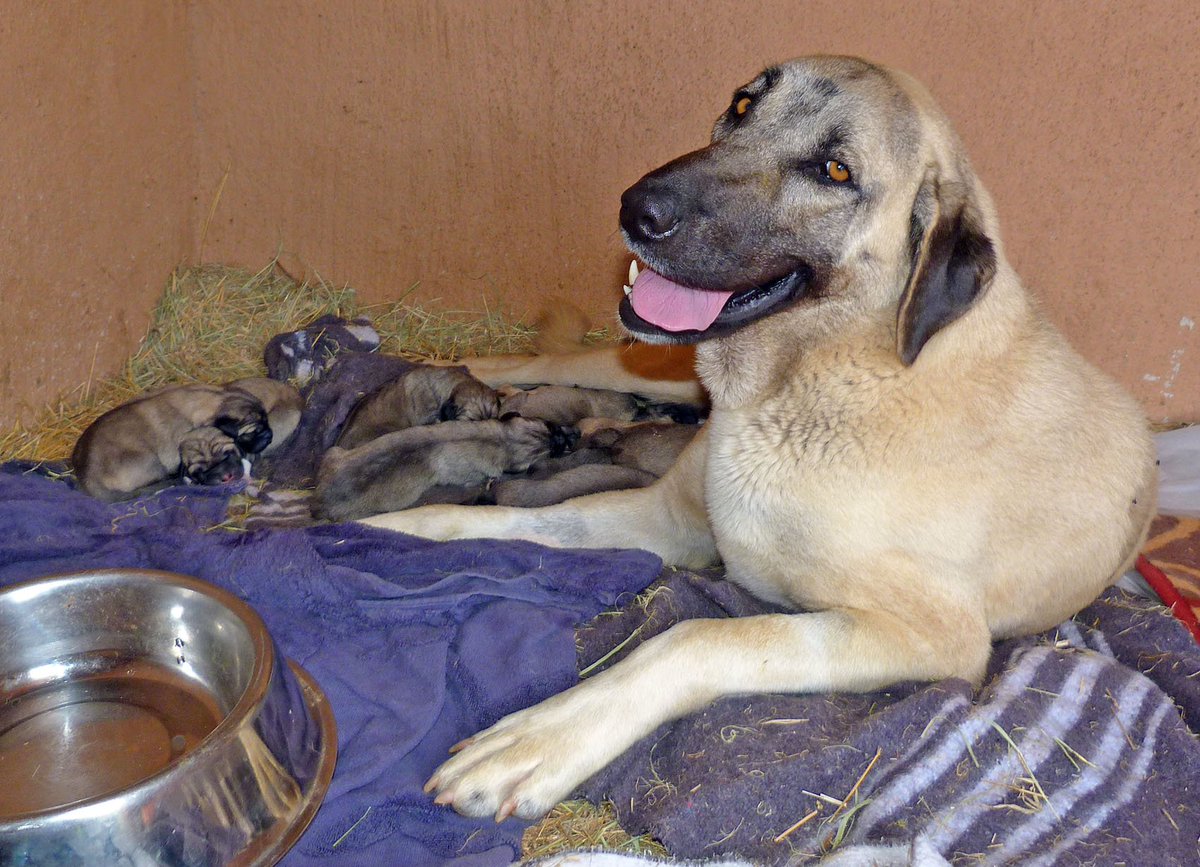
This is an Anatolian shepherd puppy bred by @CCFCheetah soon to be placed on a Namibian farm to guard livestock thereby reducing the need for farmers to kill predators. A win-win! 😀🐕🦁But beware, they don't make good pets! They can be aggressive to strangers 
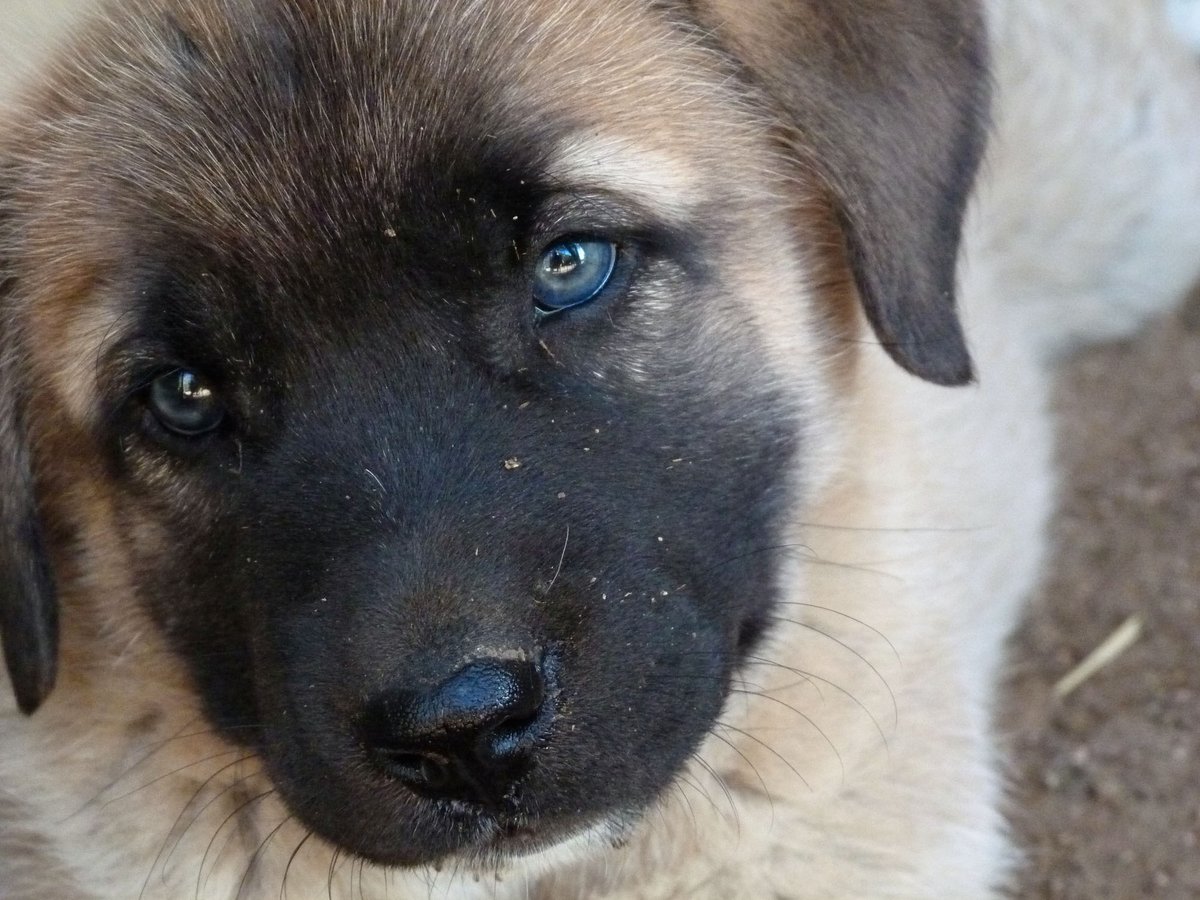
Given how effective these dogs are, I was intrigued why more farmers weren't using them. So I did a PhD on #HumanWildlifeConflict focused on understanding farmer behaviours towards predators. One of the greatest causes of predator decline is farmers killing them, like this jackal 
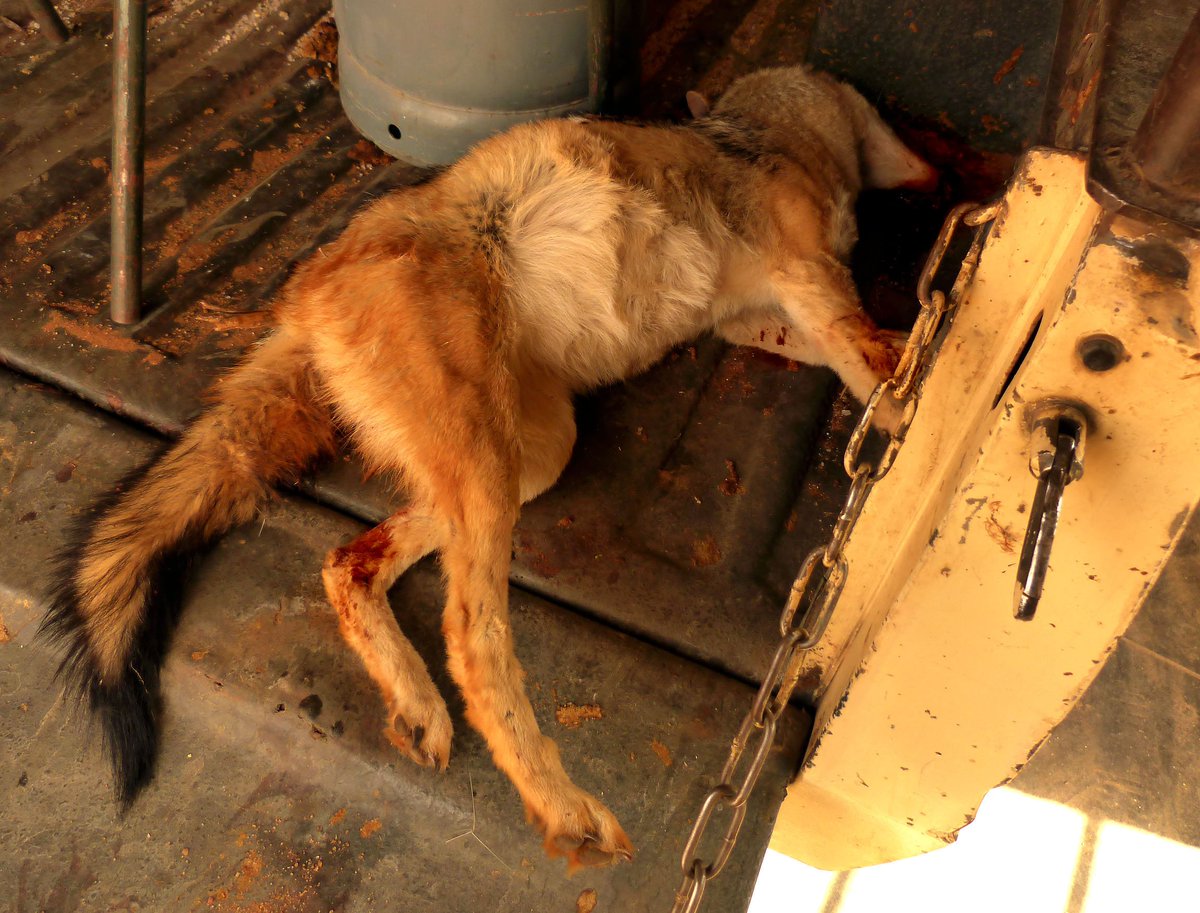
Whilst predators do kill livestock, research has found it's the PERCEIVED rather than ACTUAL loss that drives farmers to retaliate. So even if your livestock is actually dying from drought, if you think they're being attacked by predators, you'll kill them like this poor caracal 

What this research shows is that it's important for scientists to listen to & respect the experience & knowledge of farmers rather than telling them what to do. Humans are complex which is why dogs don't work everywhere cuz farmers hate predators so much they don't wanna try dogs
Another thing I found with my research was that predator management on livestock farms in is reliant on the #politicalecology of the country i.e. the historical & current politics & governance of a country affect wildlife management. This isn't just laws but norms & values too
This might sound odd, but I found on Namibian white-owned farms, those that hated predators the most & admitted killing the most also tended to be the ones who were the most racist & sexist. You can read more here: theconversation.com/how-lions-leop…
All of this points to the importance of social science when trying to solve environmental issues. Follow the hashtag #consocsci to find out more of the work & research being done on conservation social science. How many other social scientists do we have out there reading this?
Right, back to livestock guarding dogs: conservationists tend to call these a "non-lethal" predator control because farmers don't need to kill predators to protect their livestock. However, guardian dogs were found to kill more jackals than the farmer can alone 

Dogs can be a bit of a problem when it comes to wildlife conservation. Whilst certainly not as bad as feral cats, feral dogs have been known to kill threatened wildlife. There have been reports of snow leopards killed by feral dogs, for example theconversation.com/the-bark-side-…
Right, I'm off for a conference call to talk about how to engage farmers in sustainable agriculture - I'll be back later. In the meantime, what are your thoughts on free-ranging cats and dogs? Comment below if your pets have killed wildlife
Cats are 54% less likely to catch birds, reptiles & amphibians by wearing this fetching colourful scrunchy. Plus, I mean, they look awesome. smithsonianmag.com/smart-news/sav… 
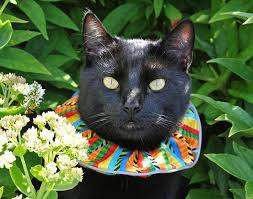
Now back to the benefits our domestic animals can have on wildlife, #DYK that dogs are trained to sniff out endangered animals? They can find animals themselves or their the poop & they can also sniff out illegal wildlife that has been trafficked 

How many scientists out there have furry/feathered/scaly friends? I have a rescue cat called The General who is my best non-human buddy & helped me get through my PhD #ScientistsWithPets 🐱🐶🦜🐍 
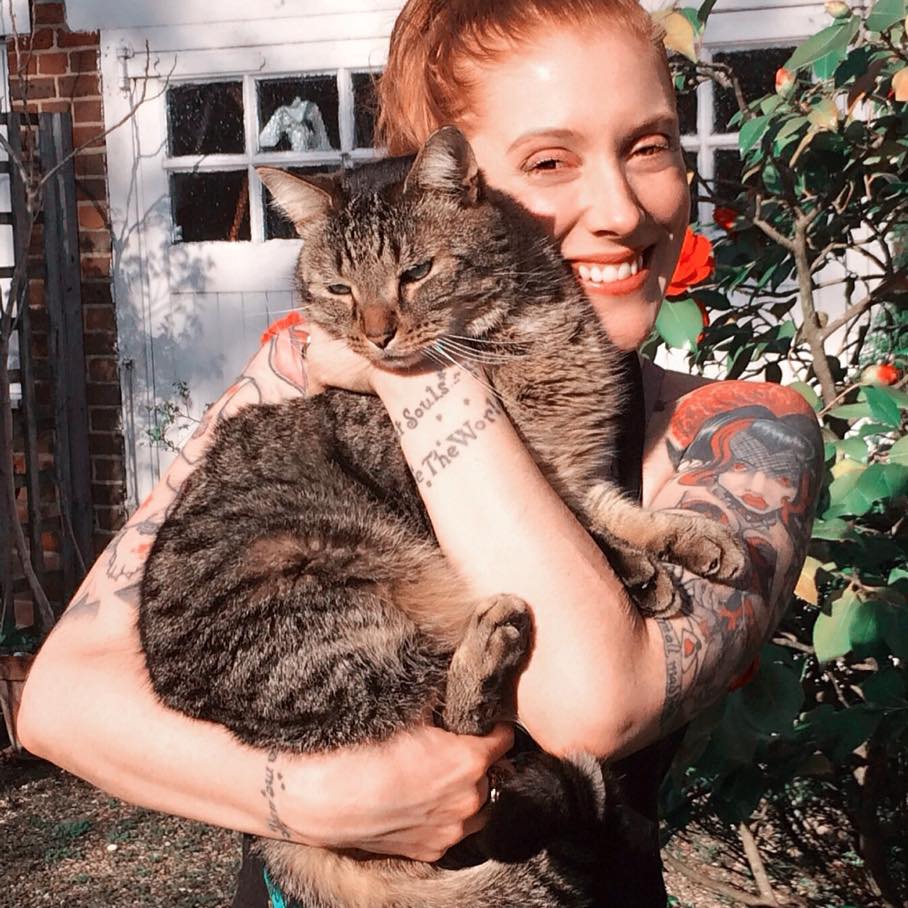
• • •
Missing some Tweet in this thread? You can try to
force a refresh





